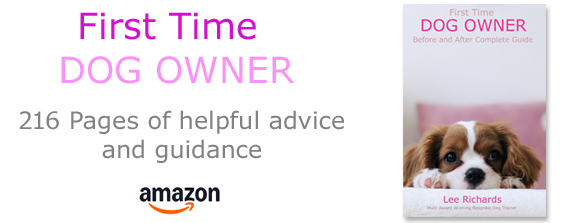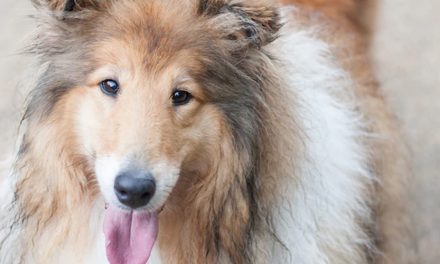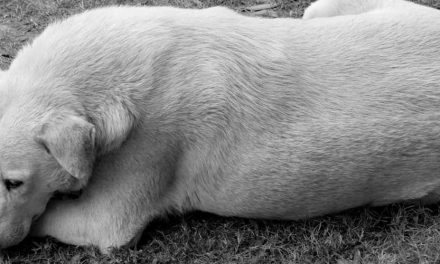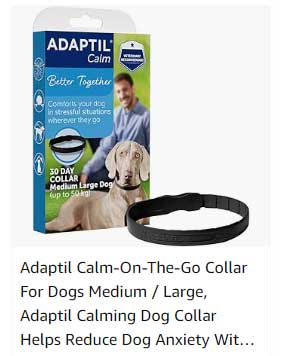Dog anxiety can be a complex issue caused by various factors that affect a dog’s mental well-being.
Understanding these causes is essential for dog owners who wish to provide a stable and supportive environment for their furry companions.
Here are some of the primary causes of dog anxiety.
Genetics and Breed Disposition:
Certain breeds are more prone to anxiety than others, with genetic predisposition playing a significant role.
For example, breeds like Border Collies and German Shepherds may exhibit higher levels of anxiety due to their sensitive nature and strong bonding instincts.
While genetics can influence behavior, it’s important to note that individual temperament also plays a role regardless of breed.
Early Experiences and Socialization:
A dog’s early experiences can greatly impact its behavior later in life.
Puppies that are not adequately socialized during their critical development period, which typically occurs between 3 and 14 weeks of age, may develop fears and anxieties.
Insufficient exposure to various environments, noises, people, and other animals can lead to an inability to cope with new or unfamiliar situations.
Trauma or Negative Experiences:
Dogs that have experienced trauma, such as abuse, abandonment, or significant changes in their environment (like moving to a new home), may develop anxiety as a result.
These negative experiences can leave lasting impressions on a dog’s psyche, making it fearful of similar situations in the future.
Even seemingly small events, such as a loud thunderstorm or a sudden loud noise, can trigger anxiety in dogs that have not been conditioned to handle them.
Changes in Routine or Environment:
Dogs thrive on stability and routine. Sudden changes in their environment, such as a new family member, a move to a new house, or changes in their family’s schedule, can cause anxiety.
Dogs are creatures of habit, and disruptions in their routine can lead to feelings of insecurity and unease.
Lack of Exercise and Mental Stimulation:
Physical and mental stimulation is crucial for a dog’s overall well-being.
Dogs that do not receive enough exercise may develop pent-up energy, which can manifest as anxiety or destructive behavior.
Mental stimulation, through training, toys, or interactive play, is just as important.
Boredom can lead to anxiety as dogs become frustrated without an outlet for their energy.
Health Issues:
Sometimes, anxiety in dogs can be linked to underlying health problems.
Conditions such as pain, illness, or even hormonal imbalances can cause anxiety-like behaviors.
It’s essential for dog owners to rule out any medical issues by consulting with a veterinarian if they notice a significant change in their dog’s behavior.
Separation Anxiety:
This specific type of anxiety occurs when a dog becomes overly attached to its owner, leading to panic when left alone.
This can manifest in destructive behavior, excessive barking, or attempts to escape.
Separation anxiety is often rooted in insecurity, and it can be exacerbated by factors such as a lack of early socialization, changes in ownership, or traumatic experiences.
Noise Sensitivity:
Certain dogs are more sensitive to noise than others, and common sounds like thunderstorms, fireworks, or construction can trigger anxiety.
Dogs may exhibit signs of distress like trembling, hiding, or barking.
Training and desensitization techniques can help alleviate this type of anxiety, but it may take time and patience.
Fear of New Experiences:
Just like humans, dogs can be fearful of the unknown.
Moving to a new environment, meeting unfamiliar animals, or encountering new people can provoke anxiety.
Positive reinforcement techniques, gradual exposure, and creating positive associations can help dogs overcome these fears.
Addressing dog anxiety requires a multifaceted approach that includes understanding the specific causes behind the behavior, providing a supportive environment, and utilizing training and behavior modification techniques.
Consulting with a professional trainer or a veterinarian can be beneficial for developing a tailored plan to help reduce anxiety in anxious dogs.
By recognizing the signs and taking proactive steps, owners can significantly improve their dog’s quality of life and strengthen their bond.










